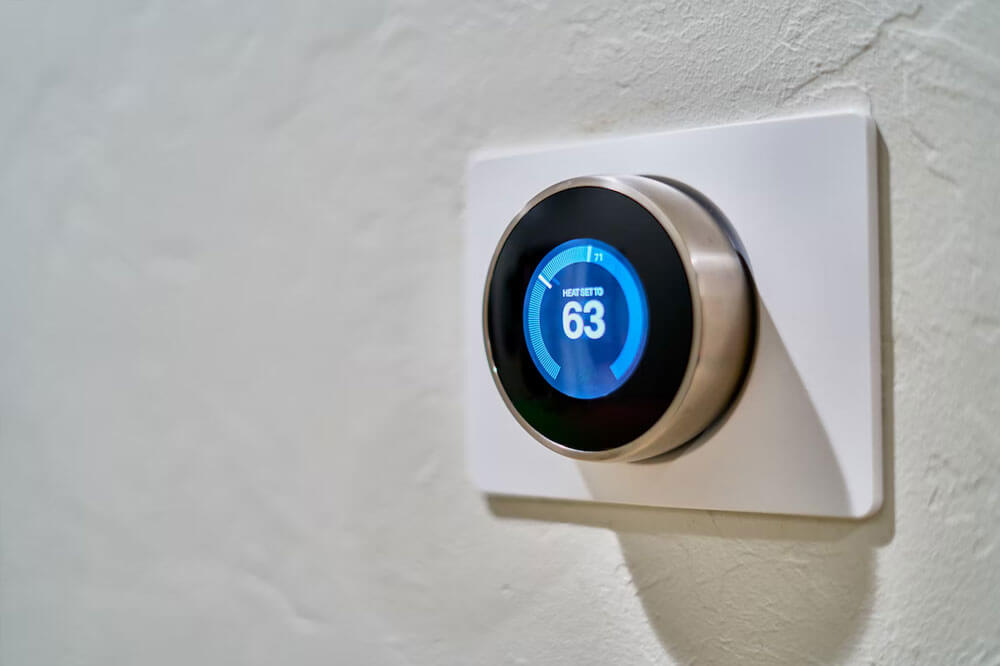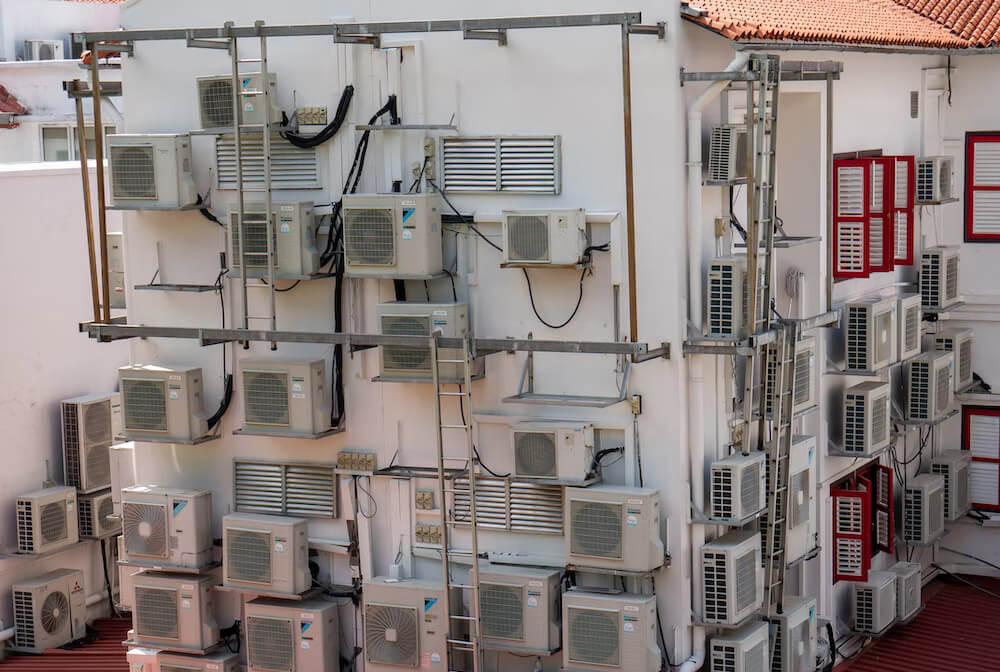Bringing cool air to every room in your home is possible—learn how to leverage the walls of your home.
In the world of air conditioning, it is fairly common to incorporate walls into the overall design. Whether you invest in a wall-mounted air conditioner for every room of your home or a centralized system that feeds through the walls, you might wonder what determines what will and will not work.
In this post, we are going to explore what you need to know about installing air conditioning on the walls of your home.
Installing Air Conditioning on Home Walls
Are you looking to turn your wall into a source of cool and refreshing air? These considerations can help you to find a solution that will last.
Can You Install Wall-Mounted A/C Units on Any Wall?
Wall-mounted A/C units are a popular option for convenient local cooling. These units are often fitted directly into walls or placed on top of them. Their only real requirement is that they need a wall.
Although wall-mounted air conditioning units can be fitted on most walls. There may be some details that would make some walls less than ideal for this purpose. If the wall-mounted A/C unit is going through the wall, it is important to select a wall that does not have any features that might be compromised during the installation.
Can You Bring Air Conditioning to the Walls of Any Room?
Most rooms can be fitted with air conditioning in some capacity. Whether it is the addition of a wall-mounted unit or just the vents of a centralized system, modern homes are designed to support these systems. Older homes can often be a good fit as well, although some exceptions may apply. No matter what, you should be able to bring air conditioning to the rooms of your home.
How to Make the Best Choice for Bringing A/C to Your Walls
The majority of homeowners want homes that offer a comfortable indoor temperature to balance the weather every month of the year. This is a completely understandable standard to keep for your home—and your walls can offer countless solutions.
There are many air conditioning solutions available that can leverage walls. However, there are also considerations that can influence the eventual quality of your room’s air conditioning design. When it comes to making decisions, it helps to have the support of an expert.
To get the best possible air conditioning solutions, homeowners should always work with professionals that understand the complicated dynamics involved with air conditioning. Making the decision to call in professionals can allow you to stop guessing and give you the power to invest in solutions that will support your home.
The Takeaway
Homeowners have many solutions available when it comes to bringing cool air into their homes. To invest in a design that will be the perfect match for any room in your residence, you should work with professionals. We offer dedicated Denver air conditioning services that last. To learn more, contact us today!





